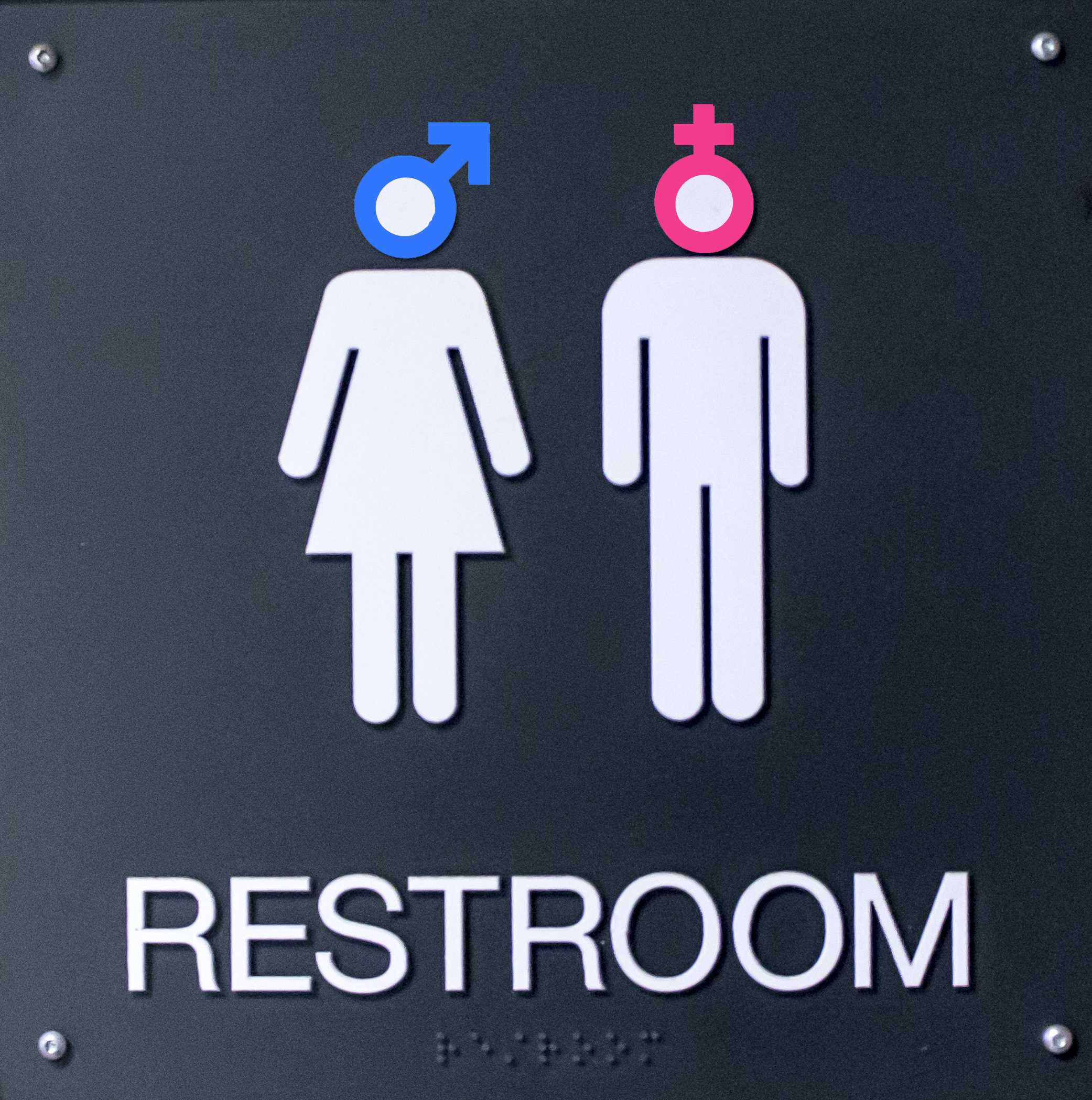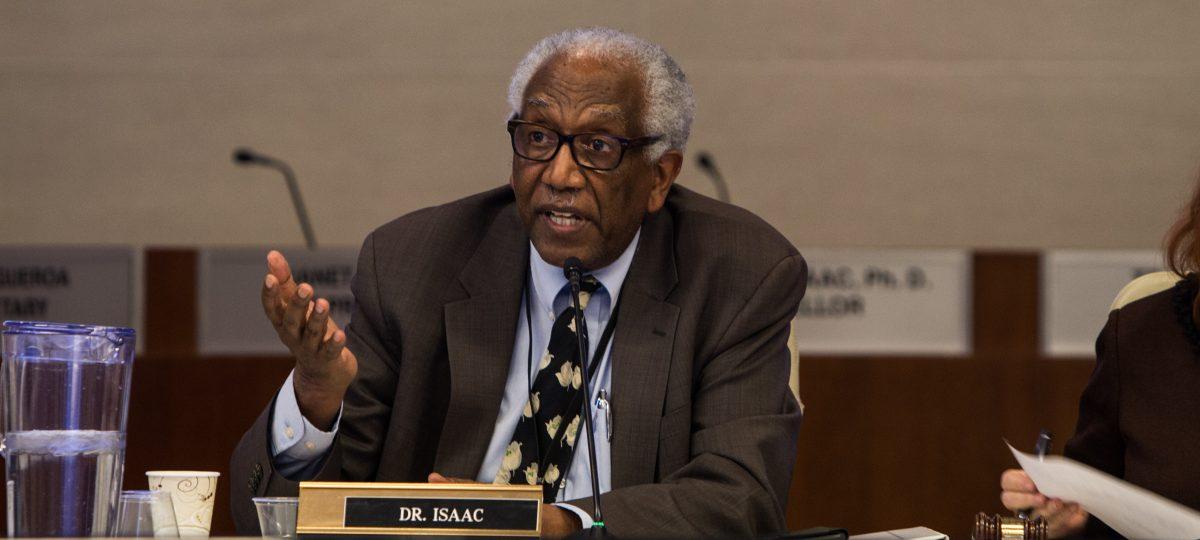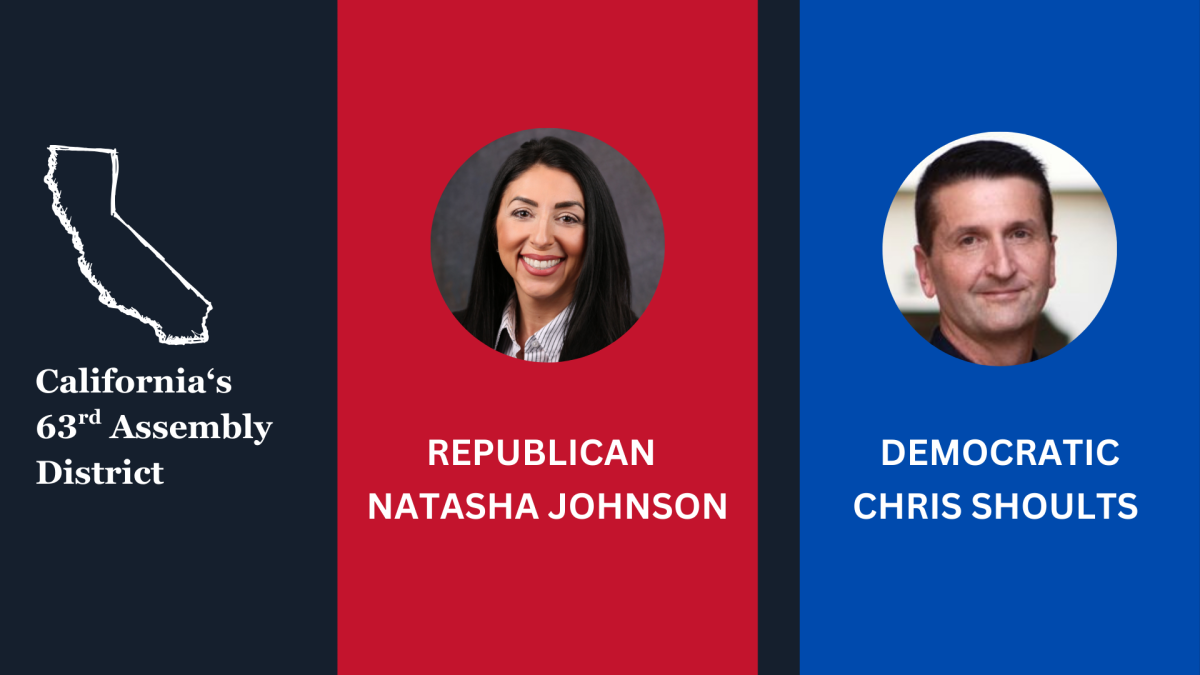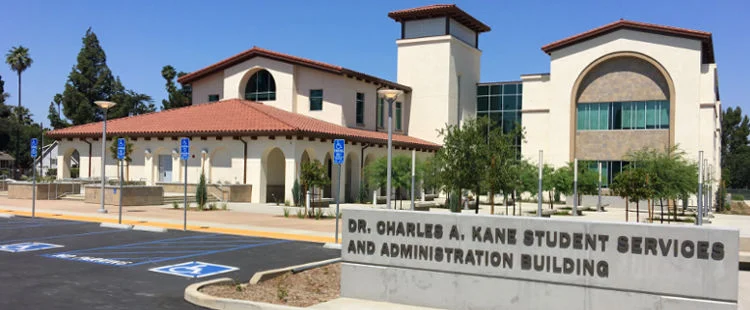Posted Dec. 3, 2014 | Printed Dec. 1, 2014

Amber Jones | Special to Viewpoints
The issue of Lesbian, Gay, Bisexual, Transgender and Questioning+ rights on the Riverside City College Campus continues after a year on the back burner.
“As a transgender person, I have an anxiety of public restrooms, so if I am at school I will wait and go to the mall to pee, which can cause health problems,” said Ethan Lopez, Gender and Sexualities Awareness president. “I do this because it is a consequence of not having a safe space.”
LGBTQ+ students argue that binary bathrooms create gender segregation and violate LGBTQ+ students’ civil rights. Gender and sexualities activists have made the argument that they are already using the restrooms and that transgender people are at a higher risk of being verbally harassed or physically attacked in a bathroom.
“Also with the inclusion of gender-neutral bathrooms, queer students won’t have to be constantly questioning their gender in order to pee and it is inclusive to gender-queer people who don’t identify strictly as male or female,” Lopez said.
Title IX is a federal law that prohibits discrimination in K-12 schools, although, it doesn’t apply to city colleges or universities. However, many states have passed laws and colleges have added school policies to protect LGBTQ+ students from discrimination.
Some oppositions against gender-neutral or a third option for bathrooms are religious based. Opponents also fear that sexual harassment or assault is a possibility in gender-neutral bathrooms.
“There shouldn’t be a change in bathroom signs to protect people’s modesty,” said Marcos Lee, a member of the Well Christian Club on campus. “I have nothing against gay people. I have gay friends and I love them but I don’t agree with them, but I treat them well because in the Bible it says to show grace and that Jesus said, ‘neither do I condone but sin no more.’ It’s not just about procreation, it’s about how God intended humans to be.”
The issue was not only discussed, but the Student Senate voted upon it.
“A way to enact effective change and you’re a club on campus is to talk to the student Senate. The student Senate will take the clubs proposal under consideration and then vote; however, it is important that people who are directly affected by these issues join the Student Senate to make the voting process more diverse and changes happen,” said Le Nguyen, executive treasurer for the Associated Students of RCC.
Brennan Gonering, a student Senator in 2013, tried to affect change during his term by proposing a resolution to the Student Senate. The proposal asked the Senate to consider “changing facilities that correspond with their gender identification” as stated in the proposal.
“The other part of the resolution though, was a longer-term goal and was for the student government to advocate for more single-stall, gender-neutral restrooms on campus,” Gonering said in an e-mail. “Currently there are only two, one underneath the library, and the other… is a little more hidden and I’m not entirely sure where it actually is.
“There are many such restrooms in the Math and Science building, but they are locked for faculty only use, for reasons that have never been satisfactorily explained to me. Part of the problem, however, is that there are few major planned construction projects for RCC (except for a new student services building) and converting current, existing multi-stall restrooms would be costly and not exactly efficient. As for multi-stall, gender-neutral restrooms, well, the atmosphere at RCC is rather on the conservative side of things in that regard, and considering the blowback we received from trying to grant binary-identified trans individuals pre-existing protection, it seems a bridge too far at this point.”
Current ASRCC vice president elaborated on the topic of the discussion on binary-bathrooms in the Student Senate that started in 2013.
“Although Brennan proposed the resolution RCC (the Student Senate) voted no because it had to go through Student Senate for consensus and Doug Figueroa, 2013 president, vetoed it,” said Ryan Rudolph ASRCC vice president.
With gender and sexualities awareness becoming a prevalent topic of this time the conversation is expected to continue.






